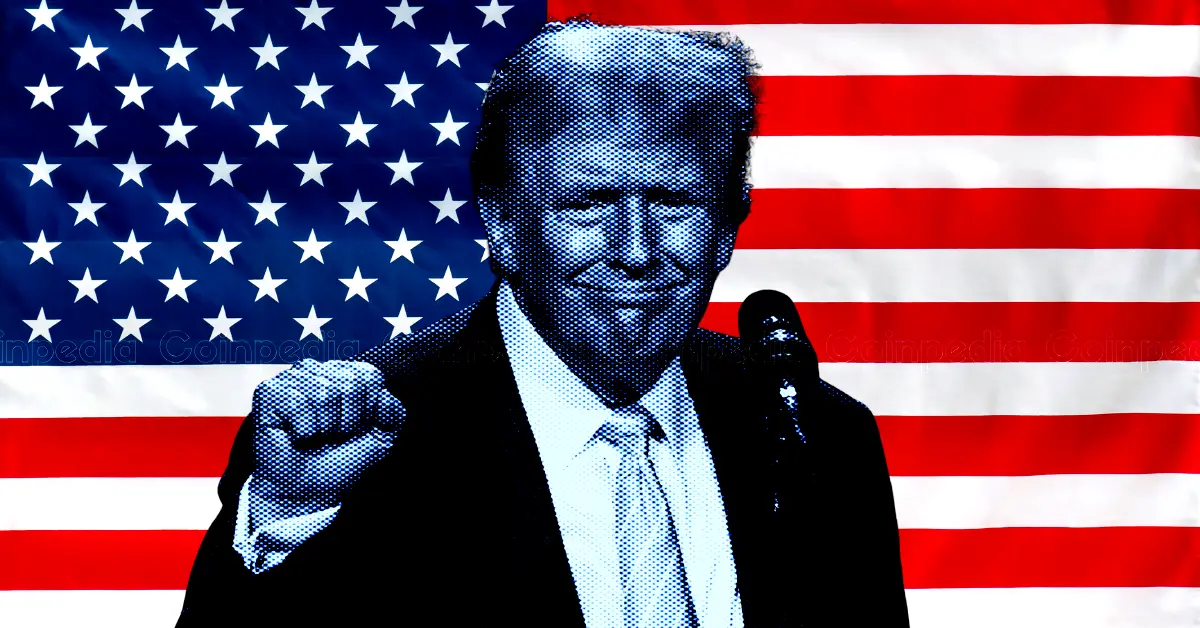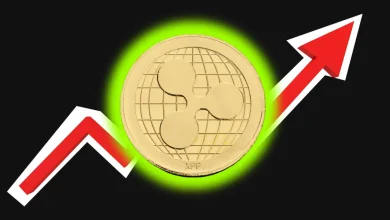
The political landscape is abuzz with speculation as President-elect Donald Trump considers appointing Kevin Warsh, a former governor of the Federal Reserve, as the next U.S. Treasury Secretary. This strategic move has sparked a flurry of discussions, given the potential ripple effects it could have on the financial sector and beyond.
Kevin Warsh: A Leading Contender for U.S. Treasury Secretary
Kevin Warsh, renowned for his tenure on the Federal Reserve Board of Governors, has emerged as a frontrunner to take on the pivotal role of U.S. Treasury Secretary. Sources indicate that President-elect Trump recently engaged in discussions with Warsh at his Mar-a-Lago estate in Florida, signaling serious consideration for this high-profile appointment.
Adding another layer to the intrigue, there is speculation that Warsh might be in line to succeed Jerome Powell as the Chair of the Federal Reserve when Powell’s term concludes in mid-2026. Warsh’s stance on financial policies, particularly his support for central bank digital currencies (CBDCs), has fueled debates, especially in the cryptocurrency community. His preference for CBDCs over private cryptocurrencies like stablecoins has raised eyebrows among crypto enthusiasts.
According to data from Polymarket, Warsh currently holds a 60% probability of being named Treasury Secretary. This statistic reflects notable shifts in betting odds, underscoring the significance of this potential appointment in shaping the economic landscape.
The cryptocurrency sector has voiced mixed reactions to Warsh’s possible elevation to this influential role. Concerns are mounting that his advocacy for CBDCs could lead to regulatory measures that might hamper private cryptocurrency innovation. However, Warsh’s track record in investments suggests that he may not be as adverse to the crypto space as some fear, leaving room for cautious optimism regarding his potential impact.
Alternative Prospects for Economic Leadership
In addition to considering Warsh, President-elect Trump is evaluating other candidates for key economic positions. Among them is Scott Bessent, a seasoned hedge fund manager and former Yale University professor, who is being considered to head the National Economic Council. Bessent’s appointment could lay the groundwork for a long-term strategy in the administration’s economic team, potentially positioning him as a successor to Warsh as Treasury Secretary in the future.
The unfolding decisions regarding these appointments will undoubtedly shape the future trajectory of U.S. economic policy. As the administration gears up to tackle complex financial challenges, the selection of these key leaders will play a critical role in determining the nation’s economic direction.






